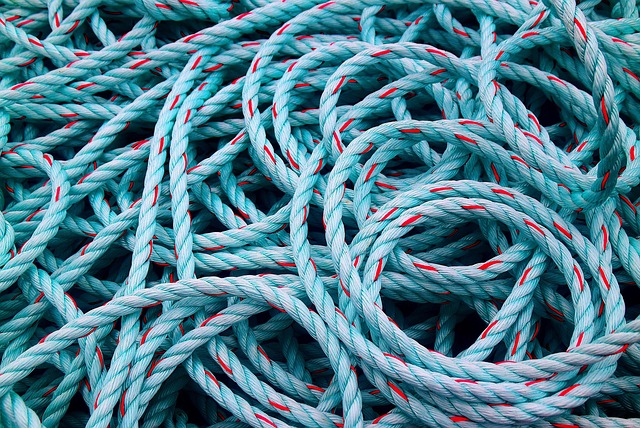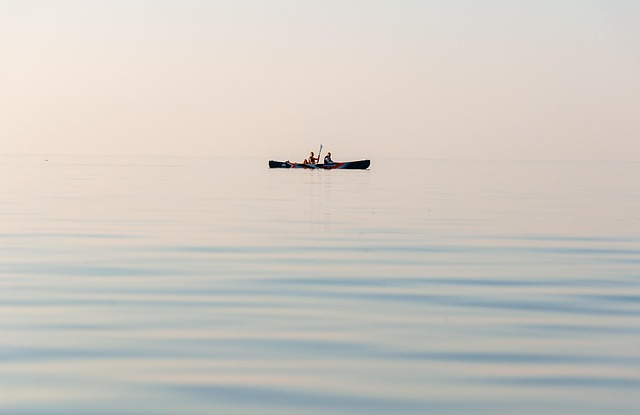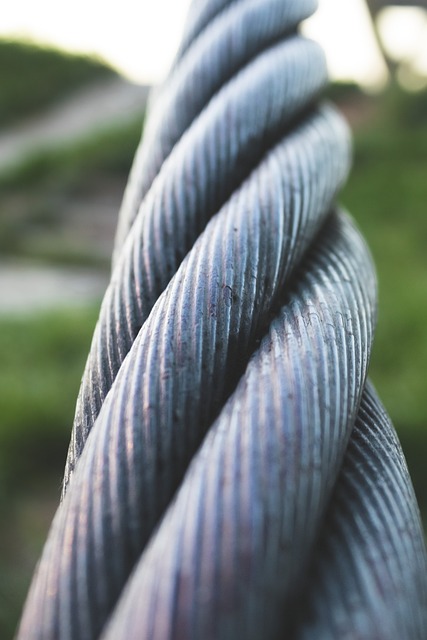Choosing between UV-resistant marine ropes and nylon ropes depends on specific needs. UV-resistant ropes withstand harsh sunlight and aquatic environments thanks to UV protection additives, while nylon ropes offer superior strength-to-weight ratio, flexibility, and abrasion resistance, ideal for wear-and-tear tasks like mooring and anchoring. Both types ensure durability and safety in boating operations, catering to diverse marine applications.
When it comes to choosing between marine ropes and nylon ropes for your vessel, understanding the pros and cons is crucial. This article delves into the intricate comparison, focusing on key factors such as durability, UV resistance, performance in water, cost, maintenance, and availability. Whether you’re a seasoned mariner or just starting, this guide provides valuable insights to help you select the best boat rope for your needs, particularly considering the benefits of UV-resistant marine ropes.
- Marine Rope vs Nylon Rope: Pros
- 1. Durability and Strength: How each material measures up in marine environments.
Marine Rope vs Nylon Rope: Pros

When it comes to marine applications, choosing the right rope is paramount for safety and durability. Among the top contenders, UV-resistant marine ropes stand out due to their exceptional ability to withstand harsh sunlight and aquatic environments. These ropes are designed with specific additives that protect them from the damaging effects of UV radiation, ensuring they maintain their strength and flexibility over extended periods. This feature is especially crucial for boat owners as it means their ropes can last longer without showing signs of degradation.
Nylon ropes, another popular choice, offer a range of benefits for boaters. They are known for their high strength-to-weight ratio, making them ideal for various marine tasks. Nylon’s flexibility and durability make it suitable for mooring, anchoring, and other critical operations. Additionally, nylon ropes are often more affordable than UV-resistant options, making them an attractive choice for budget-conscious boat owners. However, compared to UV-resistant marine ropes, nylon may require more frequent replacement due to its sensitivity to prolonged sun exposure.
1. Durability and Strength: How each material measures up in marine environments.

In terms of durability and strength, marine rope and nylon rope each have their unique advantages tailored for specific environments. UV-resistant marine ropes are designed to withstand the harsh conditions of boating, sailing, and maritime operations. These ropes are crafted from high-quality materials that offer superior strength and flexibility, ensuring they can bear heavy loads without compromising integrity. The construction incorporates special additives to protect against ultraviolet (UV) rays, a significant concern in open water where prolonged sun exposure can cause rapid deterioration.
On the other hand, nylon rope is renowned for its exceptional strength-to-weight ratio, making it a popular choice for various applications, including boating. While it may not have the same UV resistance as specialized marine ropes, nylon’s durability is still commendable. It maintains its integrity over time and can handle varying weather conditions, provided it’s properly maintained. Nylon rope is versatile and offers excellent resistance to abrasion, making it suitable for tasks where wear and tear are inevitable.
When comparing marine ropes, both UV-resistant marine rope and nylon rope offer unique advantages. In terms of durability and strength, marine rope excels in harsh marine environments, making it a top choice for boaters seeking reliability. However, nylon rope’s versatility and ease of handling cannot be overlooked, especially for smaller vessels or recreational use. Ultimately, the best choice depends on individual needs, with UV-resistant marine rope being ideal for prolonged exposure to water and sunlight, while nylon boat ropes offer a balance between performance and affordability.
